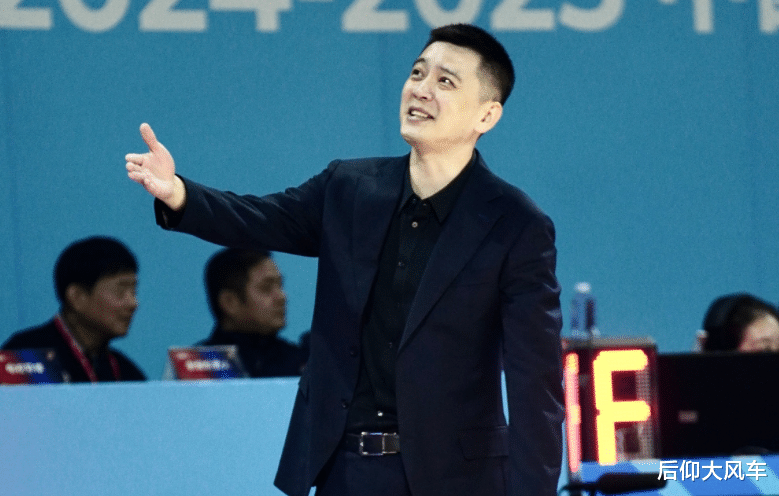As the Spring Festival approaches, the second phase of the CBA is also coming to a close. On January 19th, Beijing time, the 32nd round of the CBA regular season concluded with the last three matches. This night saw three major defeats, with Guangdong, Guangsha, and Xinjiang, all top-eight teams, facing relatively weaker opponents. All three teams easily achieved big victories, inflicting crushing defeats on their opponents. Guangsha maintained its undefeated home record, Guangdong secured an eight-game winning streak, and although Xinjiang only had two consecutive wins, their gains were no less than those of Guangsha and Guangdong. This was due to the return of Zhao Rui and Abudu, as well as the successful transformation of Peterson, giving Liu Wei a new backbone and eliminating the fear of being overturned in the fourth quarter.
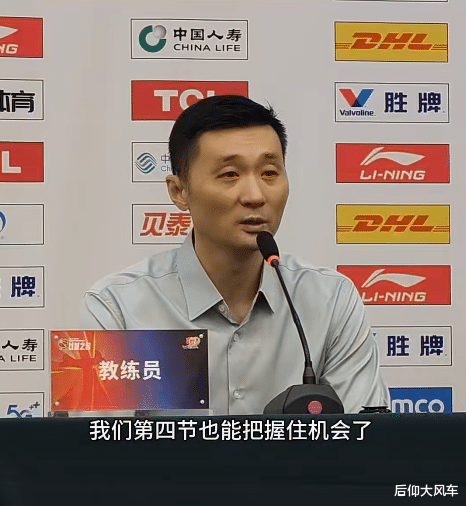
Xinjiang, sitting at home, defeated Guangzhou Longshi by a margin of 19 points, securing their 16th home victory of the season while sending Guangzhou Longshi to a four-game losing streak. In this match, Guo Ailun continued to play, but his offensive touch was still recovering, scoring only 6 points with 8 assists from 11 shots. In contrast, Zhao Rui unleashed his full firepower, hitting 5 three-pointers. It's worth noting that Zhao Rui's main scoring came in the second half, especially in the fourth quarter.

Guangzhou could still give Guangdong a hard time in the previous round, but they lost more decisively in this game. Except for the first quarter when they could still pose some trouble to Xinjiang, they couldn't stir up much trouble in the other three quarters. In the second quarter, Xinjiang quickly established a double-digit lead with Lawson's help, who scored 9 points from 4 out of 3 shots from beyond the arc. At halftime, Xinjiang led 60-47. In the third quarter, Zhao Rui and Peterson took turns to contribute, with Peterson scoring 8 points and 4 assists in a single quarter. Zhao Rui exploded in the fourth quarter, hitting 3 three-pointers and leading Xinjiang to expand the score to 21 points, ending the game's suspense. Liu Wei continued to train his troops, but this time, the soldiers he trained were older.
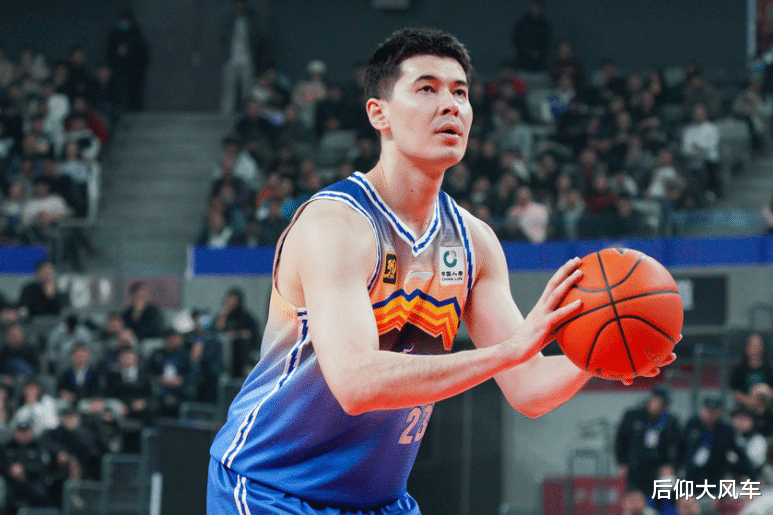
In the fourth quarter, Liu Wei deployed a luxurious lineup consisting of Zhao Rui, Peterson, Qi Lin, Abudu Salamu, and Li Yanze for a long time, focusing on integrating these veterans. After all, during this period, Zhao Rui and Abudu missed quite a few games, and Qi Lin and Peterson also struggled. These players didn't actually play together much. Most of the time, Xinjiang played with a semi-main lineup featuring Lawson, Li Yanze, three lifts, and two small foreigners. Due to the relative youth and limited experience of Yifu, Xilizati, and Aizimaiti, coupled with Xinjiang often not being able to assemble a full 12-man roster, the team experienced several end-of-quarter collapses, causing Liu Wei a headache.
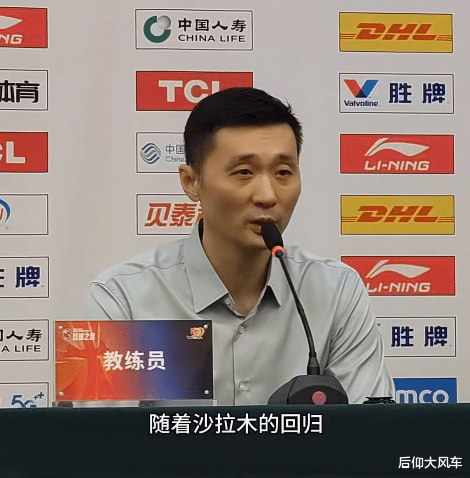
Now, Xinjiang has also turned the corner, with Abudu's recovery from injury and the return of Zhao Rui and Qi Lin, bringing them continuous good news. Liu Wei is beaming with joy, regaining the confidence to challenge the top-four teams. Therefore, Liu Wei needs to seize the time to integrate well. In this game, Abudu, Zhao Rui, Peterson, and Qi Lin played significantly more minutes than Yifu, Zati, and Aizimaiti. Abudu scored 6 points and 4 rebounds, Zhao Rui砍下19分7篮板4助攻,Qi Lin得了19分,一向喜欢单干的Peterson本场得到13分6篮板11助攻,Peterson在赛后也获得Liu Wei表扬,称赞Peterson开始转型为队友传球,让Xinjiang队内化学反应越来越好。
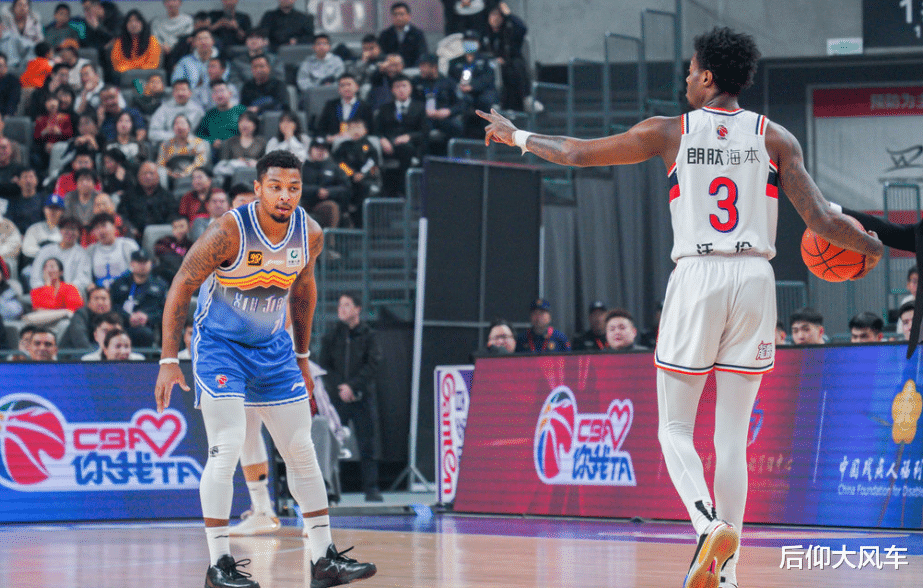
Xinjiang is getting better and better, and so are Guangdong and Guangsha. In this round, Guangdong visited Fujian, which had a decent recent record. Having learned from the previous round where they only scored 29 points in the first half against Guangzhou Longshi, Guangdong did not underestimate their opponent this time.

Despite Xu Jie's wrist injury, his teammates unleashed their firepower, providing ample support for Xu Jie, allowing him to play only 33 minutes and score 3 points with 13 assists from just 2 shots throughout the game. Huang Rongqi, Bazley, Zhang Wenyi, Du Runwang, and Jilunwate all transformed into Curry, collectively sinking 16 three-pointers. Zhang Wenyi and Huang Rongqi were the fiercest outside shooters, with Zhang Wenyi exploding in the second quarter, hitting 4 out of 7 three-pointers for 12 points, helping Guangdong to double-digit lead.

In the third quarter, Fujian once narrowed the gap to 7 points with the "help" of the referees. Joseph Yang used underhanded tactics to foul Huang Rongqi and Zhang Haojia, causing Huang Rongqi to commit 4 fouls and nearly explode. However, Huang Rongqi also performed well, stepping up in the critical moment and hitting two consecutive three-pointers to re-establish Guangdong's lead. In this game, Huang Rongqi hit all four of his three-point attempts without fail, teaming up with Bazley to score 14 points in the third quarter, helping Guangdong to a 21-point lead after three quarters and turning the fourth quarter into garbage time.
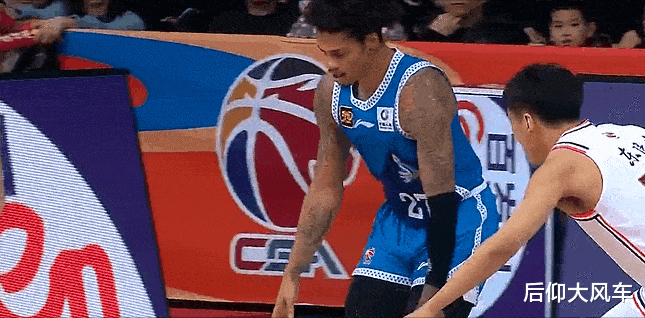
Guangdong's entire team attempted 30 three-pointers and made 19, with a shooting percentage as high as 63.3%, achieving the best three-point shooting percentage of the season so far. They overwhelmed Fujian in three quarters, eventually winning 116-92 by 24 points, securing their eighth consecutive victory. This eight-game winning streak is currently the second-longest in the league, and the longest winning streak was created by Guangsha.
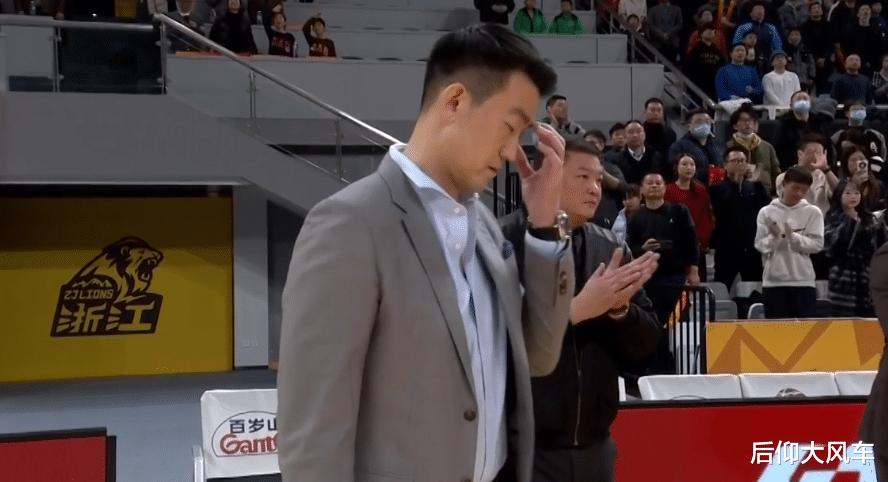
In this round, Guangsha returned home to face Sichuan, which had already suffered two consecutive losses. In this game, Sichuan fielded their main lineup, with Han Shuo having some ideas. Unfortunately, the team's key player Samuna only played three quarters before leaving the court due to a suspected injury, causing Sichuan to struggle to score in the fourth quarter and collapse. Guangsha was somewhat careless, and Wang Bo criticized the team's lack of defensive focus after the game. Sichuan once narrowed the gap to only 5 points in the fourth quarter, but Guangsha did not let a cold door happen. When the gap was only 5 points, Hu Jinqiu and Brown exploded in succession under Sun Minghui's organization. Guangsha re-established a wave of 15-4 in the fourth quarter, completely eliminating the game's suspense.

In this game, Sun Minghui played 36 minutes, scoring 16 points, 2 rebounds, 18 assists, and 2 steals. His career assist count (2482) surpassed Hudson, ranking sixth in CBA history; Hu Jinqiu played 36 minutes, scoring 24 points and 7 rebounds, surpassing Liu Yudong to rank 12th in career total points.
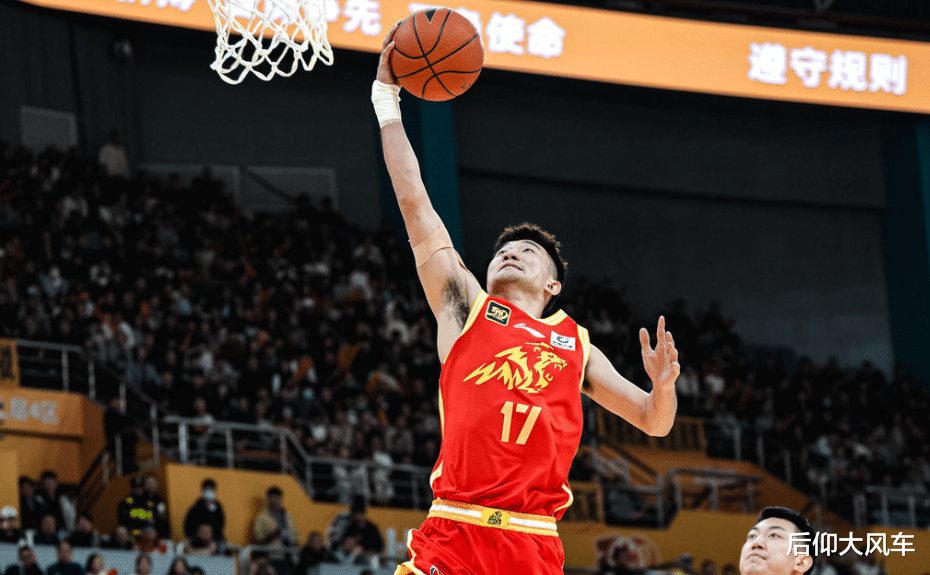
In the end, Guangsha defeated Sichuan 115-99 by 16 points, securing a nine-game winning streak while extending their undefeated home record to 17 games (Guangsha's home record is 17 wins and 0 losses), with quite impressive results. Even more impressive is Guangsha's current lead in the standings. After defeating Sichuan, Guangsha currently has 60 points and ranks first in the league, leading the second-place Shanxi by 5 points and the eighth-place Guangdong by 7 points. In the previous two rounds, Guangsha locked down the top spot in the second stage, and in the previous round, they secured a playoff spot 15 rounds in advance. With Guangsha's current form, it is believed that by the middle of the third stage (around 40 rounds), they will be able to lock down the first place of the season in advance.

Why can Guangsha stand out in the competitive league environment? On the one hand, Guangsha has fewer injuries to their main players compared to other teams. The most serious injury to a main player this season was Sun Minghui's concussion, but Sun only missed 11 days before returning to action urgently, thus not having too significant an impact on the team's performance;

On the other hand, Guangsha selected their foreign players well, especially choosing Brown, a low-key yet capable foreign player (Guangzhou dismantled their team, and Guangsha picked up Brown). During Sun's absence, Brown performed well in organizing and scoring for the team. This season, Brown averages 27.4 points, 4.1 rebounds, and 6.1 assists, demonstrating his versatility. When Sun Minghui is in a slump or absent, Brown can step in as an organizational point guard. When the team needs him to step up, Brown can transform into Curry, continuously sinking unreasonable three-pointers, reminiscent of the legendary Hudson. Such a versatile and reliable foreign player is a model for CBA foreign players.
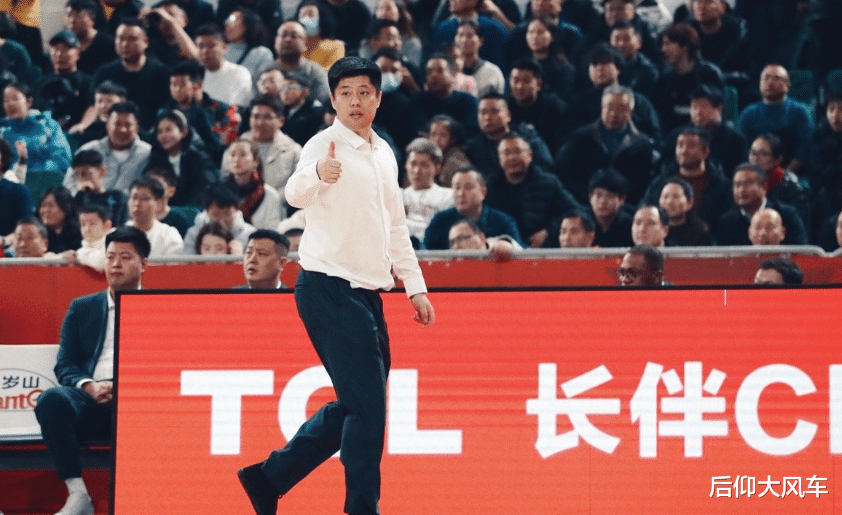
With Guangsha's nine-game winning streak and Guangdong's eight-game winning streak in hand, Beijing suffered two consecutive losses and was kicked out of the top eight. After the 32nd round of the CBA ended, the latest standings situation also underwent subtle changes. The points structure of the top eight became 2-3-3. The
